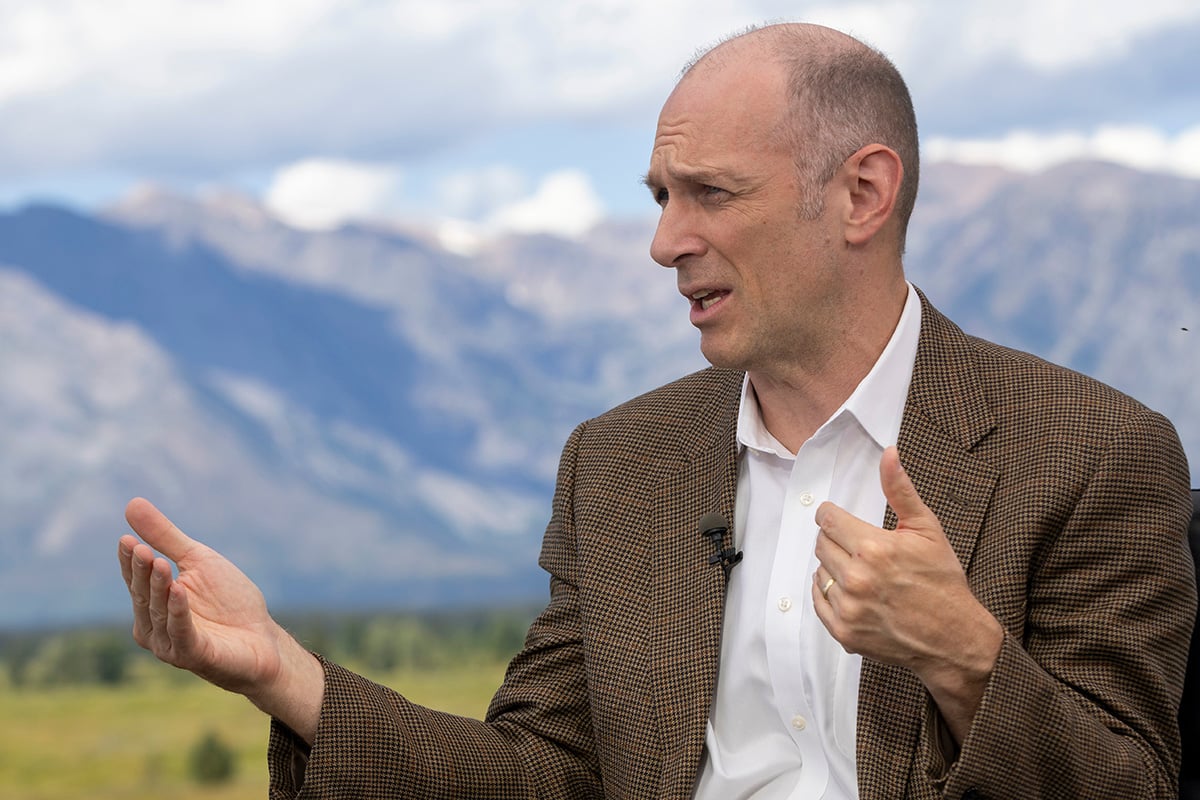Incidences of accounting fraud worldwide registered a double-digit increase compared to two years ago but the wave of corporate crime expected by executives in the wake of the financial crisis did not materialize in other areas, a survey from PricewaterhouseCoopers reveals.
About 30% of the more than 3,000 polled executives in 54 countries reported experiencing an economic crime in the previous year, and of those, 38% reported an accounting fraud incident, up from 27% in 2007 and 24% in 2005. However, reports of asset misappropriations declined slightly to 67%, from 70% in 2007, and instances of bribery and corruption dropped to 27% from 30% in 2007.
Steve Skalak, global investigations leader at PwC, notes that accounting fraud and bribery and corruption cases typically involve larger dollar amounts than asset misappropriation, which he describes as an “intractable” problem.
About 40% of the executives said they thought the economic downturn had increased the risk of being a victim of such crimes and 47% cited the difficulty in achieving financial targets as the main factor boosting that risk. Other factors were fear of losing one's job (37%) and executives' desire to earn performance bonuses (27%).
Executives also noted that hard times can add another set of practical problems to containing fraud and other crimes. These include: staff reductions that might mean less attention paid to internal controls (62%); management's undivided focus on business survival (49%); and the increased workload of the internal audit group (34%).
On a global scale, companies whose financial performance improved or showed no change experienced the same incidence of economic crimes as did companies whose financial performance suffered last year, according to the survey. However, in the United States, 48% of companies whose financial performance declined experienced economic crimes, versus just 17% of companies with stable performance.
Meanwhile, the U.S.government has increased its focus on enforcing the Foreign Corrupt Practices Act (FCPA). At latest count, the U.S. Department of Justice has 130 open FCPA cases, says Manny Alas, a partner in PwC's investigations practice, who notes that companies' expansion into emerging markets and their dealings with local officials in those countries raises the risk of inappropriate transactions. “This is now a board-level issue,” he says.
The continued efforts by both the Department of Justice and the Securities and Exchange Commission to ferret out bribe-givers have increased companies' need to assess the credibility of business partners, and that's making third-party due diligence a hot topic, Alas says. “While the catchphrase used to be, 'Do you know your customer?'” he says, “right now it's, 'Do you know your third party?”
Complete your profile to continue reading and get FREE access to Treasury & Risk, part of your ALM digital membership.
Your access to unlimited Treasury & Risk content isn’t changing.
Once you are an ALM digital member, you’ll receive:
- Thought leadership on regulatory changes, economic trends, corporate success stories, and tactical solutions for treasurers, CFOs, risk managers, controllers, and other finance professionals
- Informative weekly newsletter featuring news, analysis, real-world case studies, and other critical content
- Educational webcasts, white papers, and ebooks from industry thought leaders
- Critical coverage of the employee benefits and financial advisory markets on our other ALM sites, PropertyCasualty360 and ThinkAdvisor
Already have an account? Sign In Now
*May exclude premium content© 2024 ALM Global, LLC, All Rights Reserved. Request academic re-use from www.copyright.com. All other uses, submit a request to [email protected]. For more information visit Asset & Logo Licensing.





